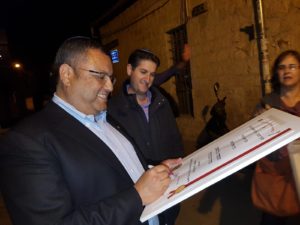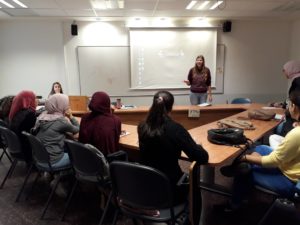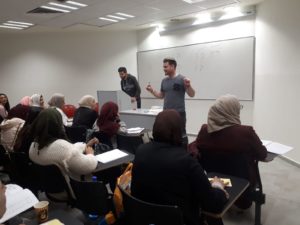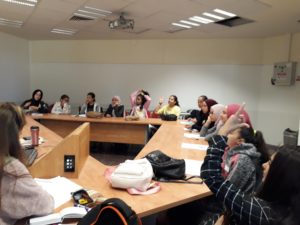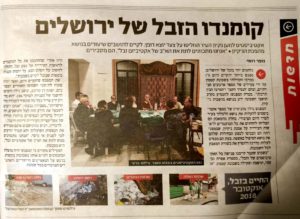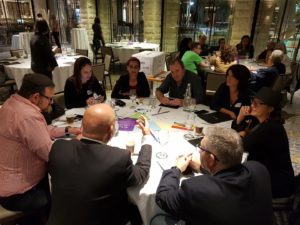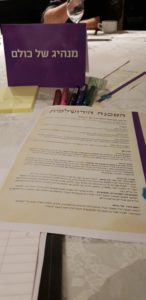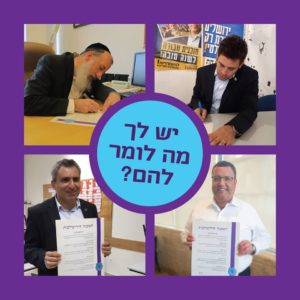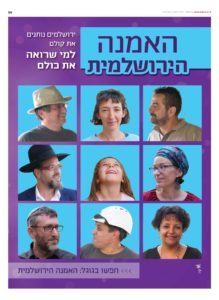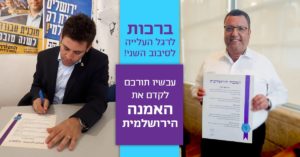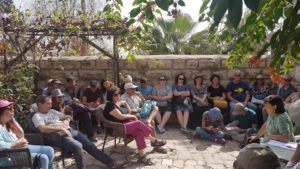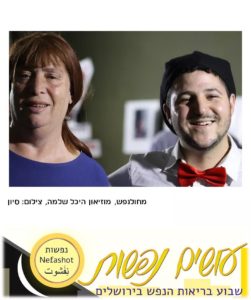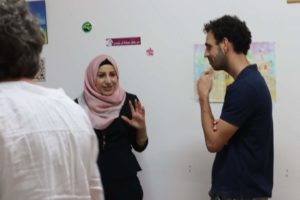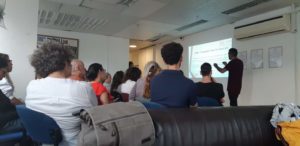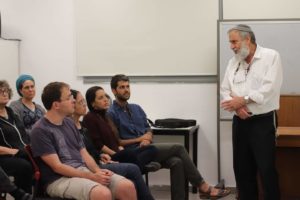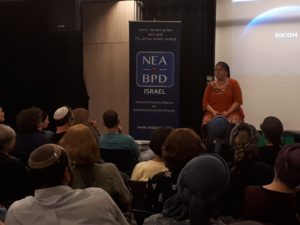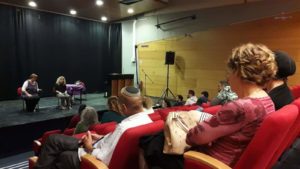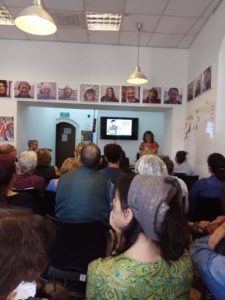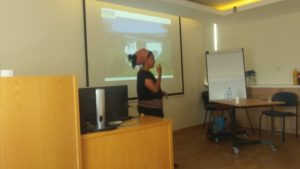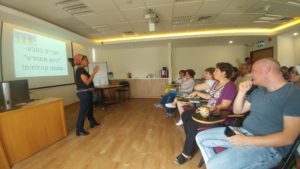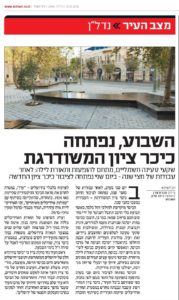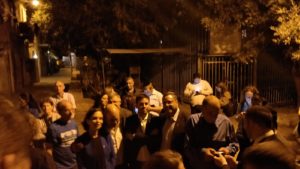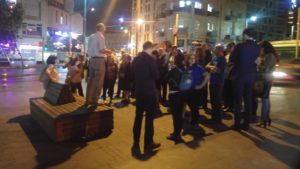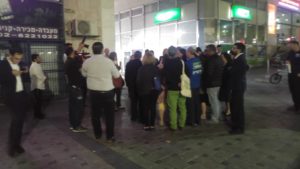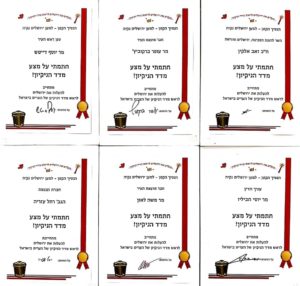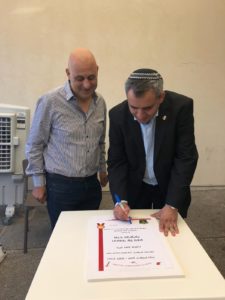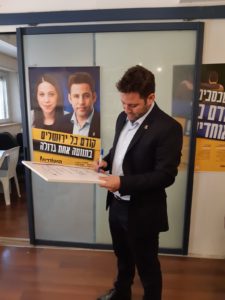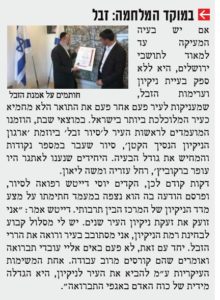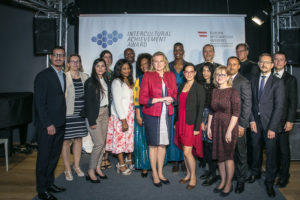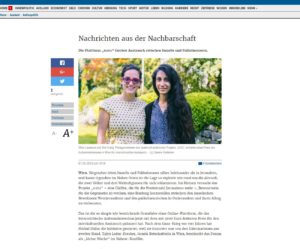The Little Prince – Putting a Clean City at the Top of the New Mayor’s To-Do List
One of our goals in the Little Prince is to put the issue of cleanliness in the city on the public agenda throughout all Jerusalemite neighborhood, of any identity group. As we’ve seen in the recent elections and the agendas of the different candidates, in local as well as national news, we’ve definitely been successful on that front.
Our director, Dr. Hagai Agmon-Snir, was quoted by journalist Peggy Cidor in this Jerusalem Post article after the election.
“This issue cannot be ignored any longer and needs the immediate attention of the new mayor.” Agmon- Snir calls for “a bold decision to give the residents of this city real, professional and efficient municipal services, and a major effort must be made to implant the understanding in all municipality employees that this is their mission.”
One of the central issues on the plate of the newly-elected mayor, Moshe Lion, is the city’s cleanliness, as described in this Ynet article (in Hebrew).
“Throughout the election campaign Moshe Lion, presented his goals and plans for the upcoming years. One of the central problems concerning Jerusalemites is the city’s cleanliness…Lion declared that he will keep the Sanitation and Beautification [City Council] posts, and will work to add 300 sanitation and gardening workers to the Municipality’s rosters. He even promised that he would tour the city on a regular basis, just like Jerusalem’s legendary Mayor Teddy Kollek, and would establish a Cleanliness Patrol that would answer to the Mayor, in order to keep tabs on the cleanliness of the city.”
Lion was also quoted in the local Hebrew-language Jerusalem newspaper’s Kol Ha’Ir web site:
“Jerusalemites deserve to get the best sanitation services, levels that we haven’t seen in recent years. I walk a lot around the city, take walks in the morning, and see the state of the city. The city needs to be clean. I’m passionate about it. I want the city to look different, and for everyone to benefit.” He added, “I intend to crack down on fines for…littering and creating environmental hazards. Jerusalem needs to be clean.”
Many thanks to the Jerusalem Foundation and the Rayne Foundation for their support of the Little Prince.

